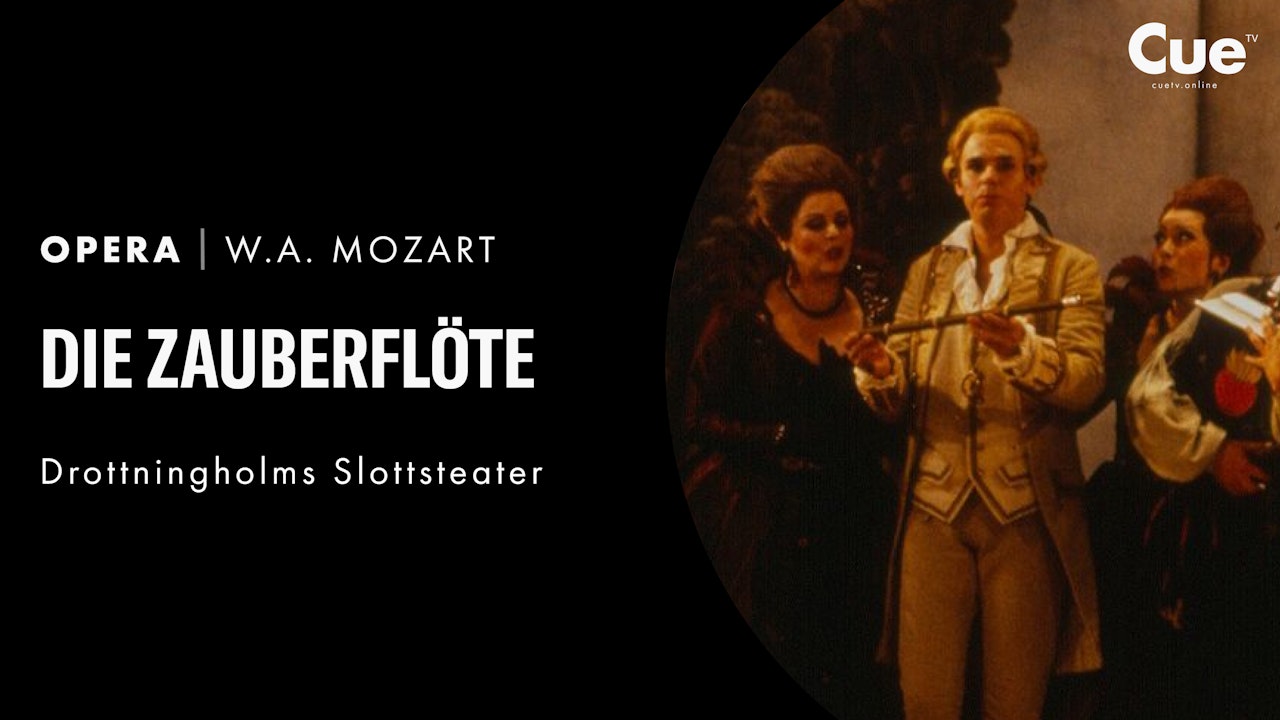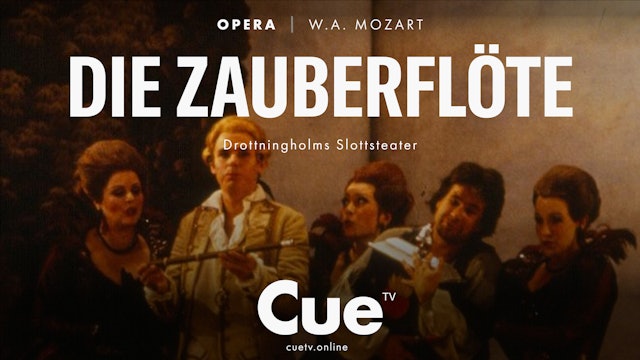Die Zauberflöte (1990)
Die Zauberflöte is the artistic and philosophical testament of Wolfgang Amadeus Mozart, who died a few weeks after the work’s première in Vienna.
Intertwining music of awesome purity and beauty with the conventions of the singspiel - a popular form of musical comedy – Mozart’s final operatic legacy to the world explores Man’s search for the truth and his confusion between the forces of dark and light and the final utopian resolution of seemingly irreconcilable elements.
Because of the opera’s relationship to freemasonry, commentators have identified Tamino with the Emperor Joseph II, Pamina with the Austrian people, Sarastro with Ignaz von Born, Monostatos with the clergy and the Queen of the Night with the Empress Maria Theresa.
Whichever level one approaches Die Zauberflöte on, it remains a great work in the spirit of the Enlightenment as well as a delightful fairy-tale. Nothing is so simple as to be absolutely clear-cut. In life, the serious and the comic often intermingle in a way that is disconcerting. In Die Zauberflöte, Mozart succeeds in combining these two elements in a way which has never been surpassed.
The light and vibrant presentation of the Scandinavian cast - internationally renowned bass Lászlo Polgár is the only non-Scandinavian soloists – the authentic staging and the lean orchestra sound conducted by the illustrious Arnold Östman makes this performance definitely one of the best Zauberflöte-performances of the 20th century.
-
Die Zauberflöte (1990)
Die Zauberflöte is the artistic and philosophical testament of Wolfgang Amadeus Mozart, who died a few weeks after the work’s première in Vienna.
Intertwining music of awesome purity and beauty with the conventions of the singspiel - a popular form of musical comedy – Mozart’s final operatic l...
Extras
-
Die Zauberflöte - Preview clip
Watch full performance here: Die Zauberflöte (1990)




